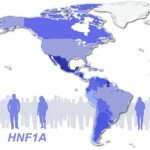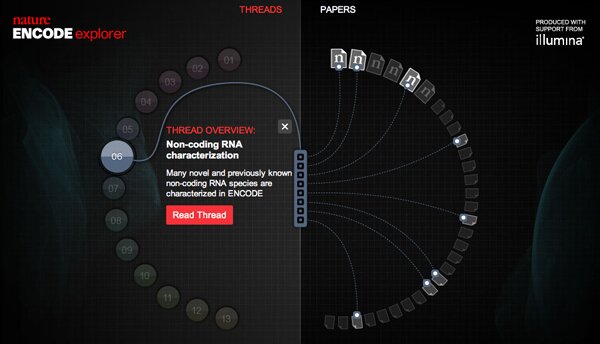 This guest post was contributed by Karol Estrada, a postdoctoral research fellow in the Analytic and Translational Research Unit at Massachusetts General Hospital and the Broad Institute of MIT and Harvard. It is dedicated to the memory of Laura Riba.
This guest post was contributed by Karol Estrada, a postdoctoral research fellow in the Analytic and Translational Research Unit at Massachusetts General Hospital and the Broad Institute of MIT and Harvard. It is dedicated to the memory of Laura Riba.
Genome-wide association studies (GWAS) of common variants have successfully implicated more than 70 genomic regions in type 2 diabetes, revealing new biological pathways and potential drug targets. However, most large studies have examined genetic variation only in northwestern European populations, despite the rich genetic diversity in other populations around the world. Most studies have also been limited in their ability to detect variants present in fewer than 5 percent of people. Much remains to be learned.
In this post, we discuss our new paper, published in the Journal of the American Medical Association, on a low-frequency missense variant in the gene HNF1A that raises risk of type 2 diabetes five-fold, and was seen only in Latinos. This variant was the only rare variant to reach genome-wide significance in an exome sequencing study of almost 4,000 people, the largest such study to date. We explain the ramifications for sample sizes of rare-variant studies, note the importance of studying populations outside of northwestern Europe, and caution against simplistic dichotomous interpretations of disease as either complex or monogenic. Finally, we note that a low-frequency or rare variant might guide therapeutic modification.
Continue reading ‘A rare variant in Mexico with far-reaching implications’


 RSS
RSS Twitter
Twitter
Recent Comments